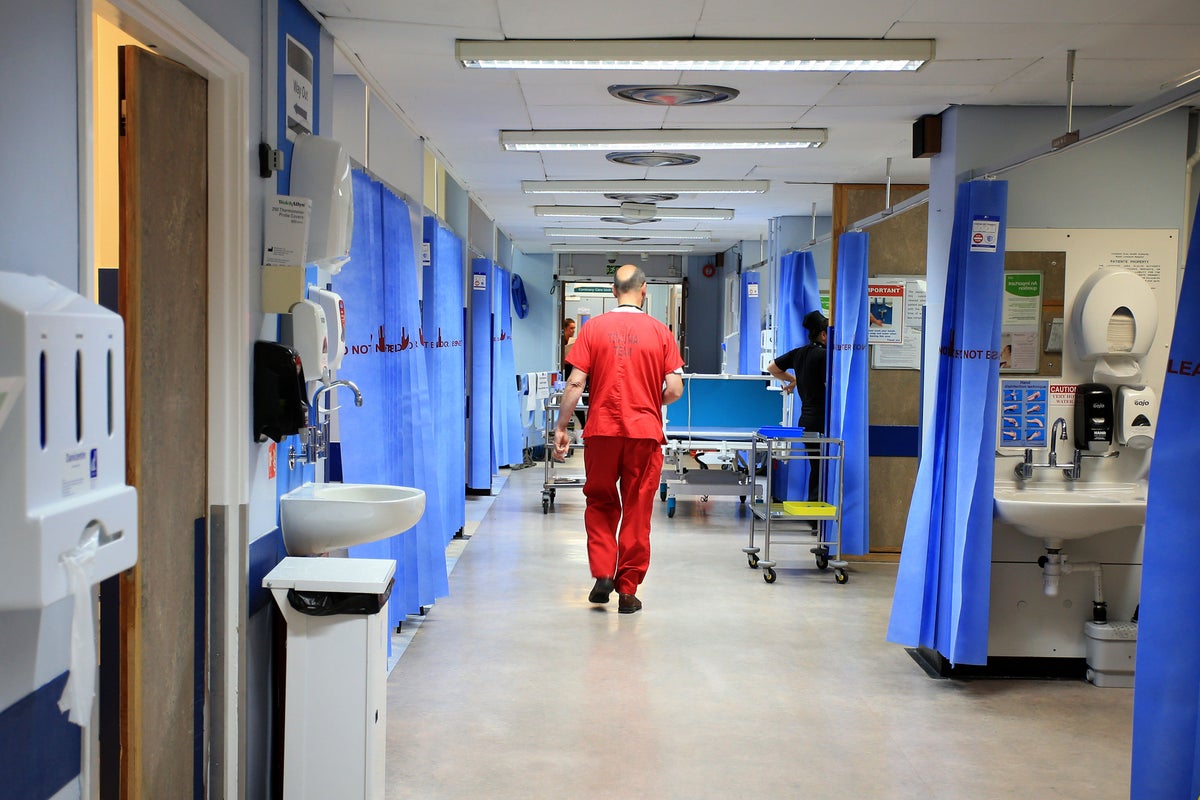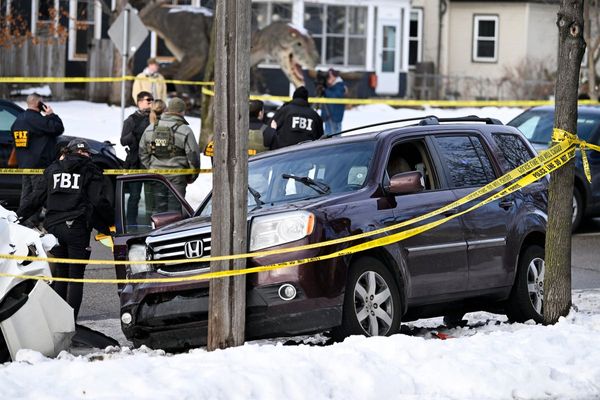
Medical negligence lawyers received half a billion pounds of public money in just one year, it has been revealed.
MPs said that health officials must do more to reduce patient harm and drive down the “jaw-dropping” payouts for poor care.
The Public Accounts Committee (PAC) said the Department of Health and Social Care (DHSC) “lacks a grip of the financial pressures it faces” as it scrutinised the department’s annual accounts for 2023/24.
MPs on the committee also highlighted concerns over the “uncertainty” surrounding the abolition of NHS England, special severance payouts and delays over a new specialist lab dubbed a “poorly overseen project”.
They point out that NHS Resolution – which administers claims of clinical negligence for the department – paid £2.8 billion in cash to people wronged by clinical negligence in 2023/24.
An “astronomical” 19% – or £536 million – of this went to lawyers representing patients who had suffered harm, according to the PAC report.
In its accounts DHSC has set aside an “astounding” £58.2 billion to cover the potential costs of clinical negligence events occurring prior to April 1 2024, the report adds.
The authors wrote: “It is unacceptable that the department is yet to develop a plan to deal with the cost of clinical negligence claims, and so much taxpayers’ money is being spent on legal fees.
“Behind these jaw–dropping amounts lie many tragic incidents of patient harm.
“The department says that an astronomical 19% of the money awarded to claimants goes to their lawyers… we are disappointed that huge improvements still need to be made to better protect both patients and public money.”
The committee challenged the department to set out how it intends to “reduce tragic incidents of patient harm” and manage the costs of negligence “more effectively”.
They also highlight how some hospitals in England have pushed through unauthorised special exit packages – severance payments which require Treasury sign-off because they are new or contentious – totalling more than £180,000 in 2023/24.
“There remain far too many special severance payments where approval has only been sought after the payment has been made,” the authors add.
And the MPs criticised delays to plans for a new laboratory in Harlow.
“There is little to show for the £400 million spent so far on the development of Harlow Health Security Campus, with no decision yet on the future of the site,” MPs wrote as they challenged the department to ensure it has “effective oversight” of major projects.
Meanwhile, they said that the announcement of the abolition of NHS England has created “high levels of uncertainty for patients and for staff”.
The Government announced plans to scrap the “world’s largest quango” in March.
Sir Geoffrey Clifton-Brown, chairman of the committee, said: “The fact that government has set aside tens of billions of pounds for clinical negligence payments, its second most costly liability after some of the world’s most complex nuclear decommissioning projects, should give our entire society pause.
“This is a sign of a system struggling to do right by the people it is designed to help.
“It must be a priority of the highest order for government to reduce tragic incidences of patient harm, and lay out a mechanism to reduce legal fees to manage the jaw-dropping costs involved more effectively.”
He went on: “Our committee has also returned with this report to the vexed question of new high containment labs at Harlow. Of all the projects to have been poorly overseen, the lack of clear direction on a critical piece of infrastructure designed to keep us all safe from infectious disease is particularly alarming.”
On the abolition of NHS England, he added: “It has been two months since government’s decision to remove what up until now has been seen as a key piece of machinery without articulating a clear plan for what comes next, and the future for patients and staff remains hazy.”
The Department of Health and Social Care has been approached for comment.
Leadbeater lauds MSPs’ assisted dying vote amid warning Bill is ‘inadequate’
Rape victims should have free access to court transcripts, says MP
Call for Government to ‘recognise and support’ electronic music and club culture
Four in five teachers say Government will miss its ‘school ready’ target – poll
Police continue to probe fires at homes linked to PM as man remains in custody
Holidaymakers ‘trimming budgets this summer amid cost-of-living concerns’







